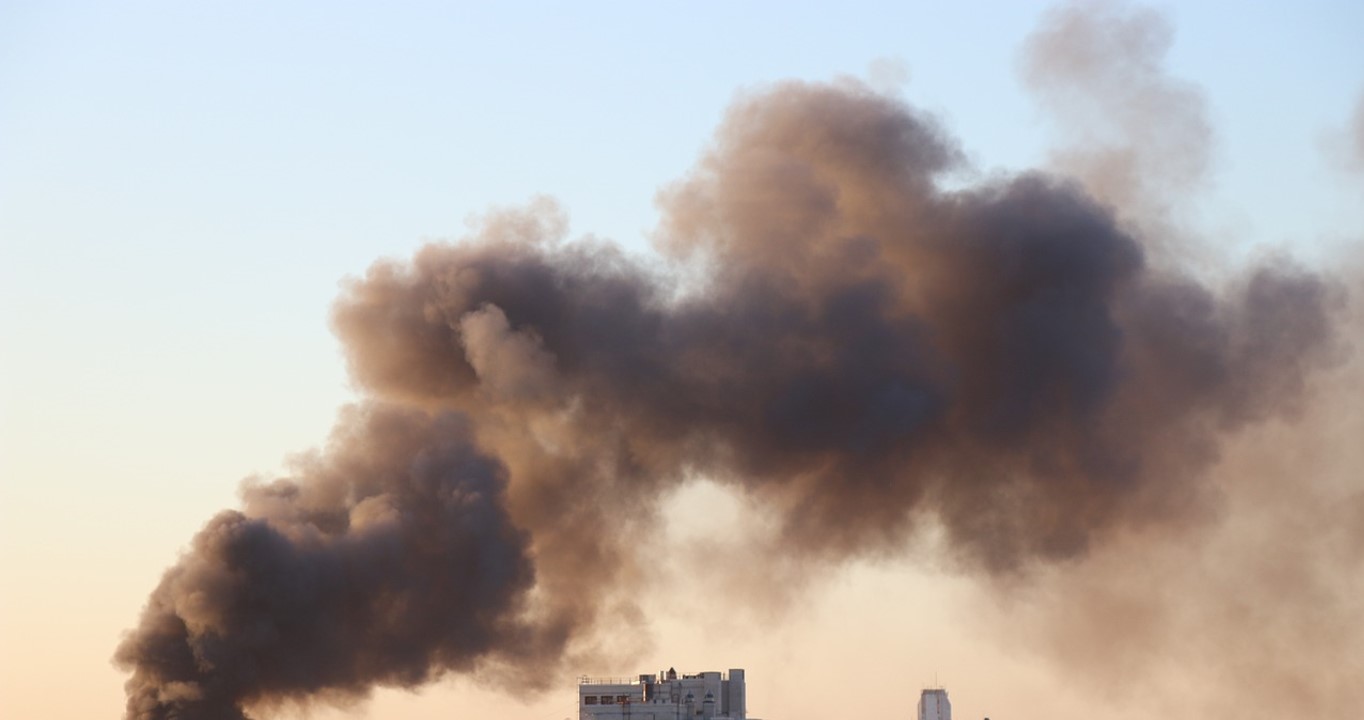“Insanity is doing the same thing over and over again and expecting different results.”
— First said by an anonymous member of Al-Anon in Knoxville, Tennessee
I have a dream.
In my dream, following a terrible chemical disaster that mimics other terrible chemical disasters, officials don’t wring their hands and talk about how their thoughts and prayers are with the families of the victims. They don’t point their fingers at other officials and vow to punish those responsible. Officials don’t explain how complicated preventing future disasters is, and lamely explain how they are already doing as much as can be done and how their community, state, province, or nation simply cannot afford to do more in this time of limited resources.
In my dream, officials act responsibly to protect their communities from well recognized hazards with regulations that incorporate recognized and generally accepted good engineering practices, and then vigorously enforce those regulations with the intention of ensuring the regulations are followed rather than seeking to punish those that don’t follow them.
In my dream, the people responsible for those hazards behave, well, responsibly, and refuse to endanger their neighbors or their community.
But it’s a dream. Instead, we have the waking nightmare of living through the same disaster again and again and again.
Another Unintended Ammonium Nitrate Explosion
Last week, Beirut joined the long list of communities to suffer an unintended, yet horrific, ammonium nitrate explosion. We will probably never know how many died in that blast. It will be a long time before the city recovers, and the people of Beirut will never forget. Just ask the people of
- Port of Tianjin, China (2015, 173 dead)
- West, Texas (2013, 15 dead)
- Toulouse, France (2001, 31 dead)
- Shaanxi, China (1998, 22 dead)
- Brest, France (1947, 29 dead)
- Texas City, Texas (1947, 581 dead),
- Tessenderio, Belgium (1942, 189 dead)
- Edison Township (Nixon), New Jersey (1924, 20 dead)
- Oppau, Germany (1921, 561 dead)
- Krywald, Poland (1921, 19 dead)
- Faversham, England (1916, 115)
This is just to name the sites of ammonium nitrate disasters with over a dozen killed.
Involving 2,750 tons, the Beirut explosion was bigger than any of these. Located as it was in a crowded city, the Beirut explosion may yet prove to be the deadliest as well.
This Was Not a Conspiracy
When the explosion happened in Beirut, conspiracy theorists went right to work. The more terrible the event, the more we want to believe that something intentionally evil must have caused it. It couldn’t be just random bad luck promoted by negligence and the stupid hope that misfortune will pass by. After all, the ammonium nitrate had been confiscated by Lebanese customs in September 2013 when it was abandoned by the crew of the ship transporting it. For the last seven years, nothing had happened.
Something had to be different, something evil.
Which is why people were quick to believe it was a deliberate act, perhaps even a nuclear weapon. It couldn’t just be negligence and misplaced hope.
By Now, We Should Know Better
By now, we should know what causes these explosions. Perhaps there is an excuse for the explosions in Krywald and Oppau back in 1921, where workers attempted to disaggregate ammonium nitrate that had solidified into a single mass with explosives. But that was a century ago. By now, we should know that while it is possible for ammonium nitrate to be subjected to heat and pressure in the presence of organic material with no particular ill effect, there is a very real possibility of explosion.
By now, we should know that ammonium nitrate should not be stockpiled near population centers, or hospitals, or schools. We should know that ammonium nitrate should not be stored in combustible wooden buildings in wooden bins, or mixed with impurities, or allowed to come into contact with leaking diesel fuel or fuel oil. We should know that ammonium nitrate should not be stored without the benefit of automatic fire suppression systems, and that hot work around stored ammonium nitrate should be prohibited without first taking extraordinary safety measures.
By now, we should know better.
But wait. We do.
A Wake-Up Call?
I would love to believe that officials the world over are looking at the Beirut explosion and thinking, “We can’t let this happen again.” That they are reaching out to every facility in their communities that stores ammonium nitrate and insisting on safe practices: moving storage away from population centers, removing combustible or flammable materials from that storage, equipping the storage with automated fire suppression systems.
I would love to believe that this is a wake-up call. But we’ve had this wake-up call before and we just hit the snooze button, then went back to our dreams.
Demand Better
This isn’t the last ammonium nitrate explosion we are going to experience. As long as we, as a society, are willing to accept the status quo, we can expect the status quo. Why would anything change? The cost of doing things safely is real and immediate, while the benefit of doing things safely only accrues over time. Until our time horizon extends beyond the next election or the next quarterly report, we should expect the least responsible to act as though safety is an expense, not an investment. Until our officials set a higher bar, so that a level playing field means that all ammonium nitrate storage meets the standards already followed by the most responsible among us , we should expect that other communities will be enrolled in the roster of cities with a disaster named after them.
For those of us that know better, we need to demand better.
